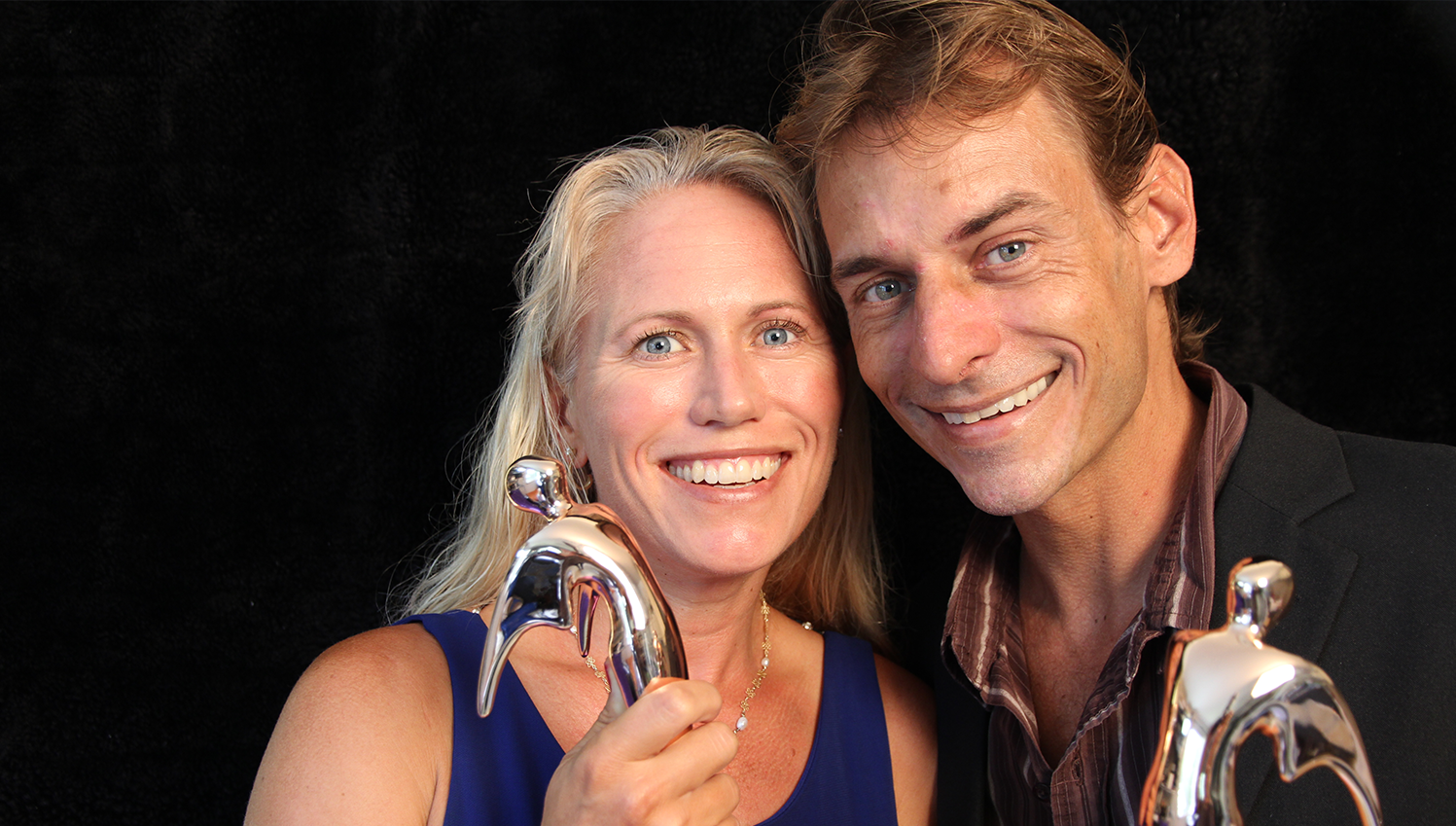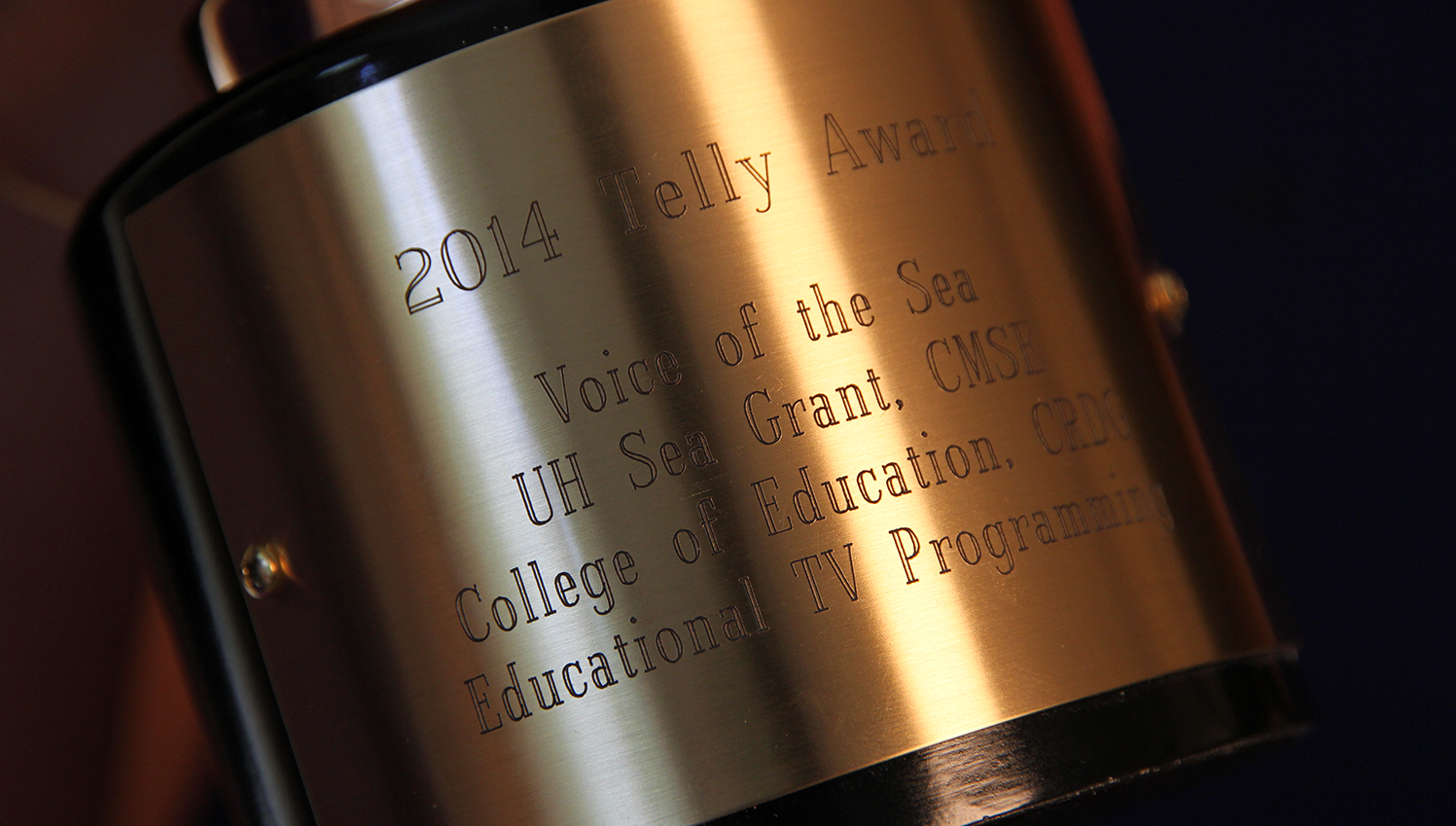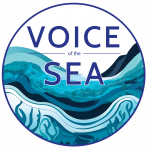

The Telly Awards were established in 1979 to honor the very best in local, regional, and cable television, as well as online commercials, videos, and films. Entries are judged by a panel of diverse and elite television and video industry leaders.
Voice of the Sea has been recognized since 2014 with over 40 Tellys. Below are links to the award-winning episodes from the latest to the very first. Please enjoy!
PLEASE NOTE: * Indicates Episode is a National Telly Award Winner (+ indicates winner in multiple educational categories): *Bronze, ** Silver, *** Gold (level est. during season 6)
IN THIS SECTION
Select a season of Voice of the Sea
Contact information:
Kanesa Seraphin, Ph.D.
kanesa@hawaii.edu
CONNECT



